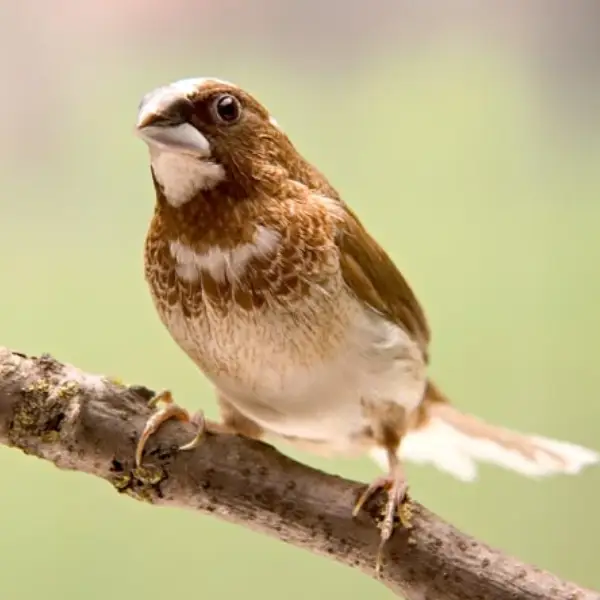-
×
 Green-Winged Macaw
1 × ₨ 1,200,000
Green-Winged Macaw
1 × ₨ 1,200,000 -
×
 Common Bengalese
1 × ₨ 700
Common Bengalese
1 × ₨ 700
Subtotal: ₨ 1,200,700
Free shipping order over 20,000
 Green-Winged Macaw
1 × ₨ 1,200,000
Green-Winged Macaw
1 × ₨ 1,200,000  Common Bengalese
1 × ₨ 700
Common Bengalese
1 × ₨ 700 Subtotal: ₨ 1,200,700
₨ 1,500,000 Original price was: ₨ 1,500,000.₨ 1,200,000Current price is: ₨ 1,200,000.
Important Keys:
Habitat
Diet
Breeding
Lifespan
Behavior
![]()
Sign Up for Exclusive Birds Care Tips and Offers from Phool Panchi
© 2024 Phool Panchi | Developed By v3Studio
 Green-Winged Macaw
1 × ₨ 1,200,000
Green-Winged Macaw
1 × ₨ 1,200,000  Common Bengalese
1 × ₨ 700
Common Bengalese
1 × ₨ 700 Subtotal: ₨ 1,200,700
WhatsApp us
Reviews
There are no reviews yet.